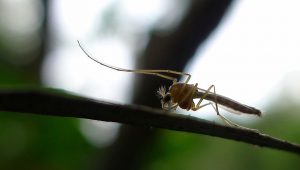
The Ruderman MA Program for American Jewish Studies celebrates its 10th anniversary
In the News In a special Jerusalem Post article marking the 10th anniversary of the Ruderman Program for American Jewish Studies, Program head Prof. Barak-Gorodetsky (Department of Israel Studies), explains the



